Depicted within the Moscone West conference hall, Apple's WiFi statistics display presents available bandwidth statistics, a heat map of active hotspots, an animated depiction of network performance over time, and ongoing stats of all the visible WiFi networks (click to enlarge images below).
The presentation of displays highlights the efforts of Apple's network engineers, who have also installed over a thousand wired Ethernet jacks in the building to enable developers in attendance to set up a very fast connection suitable for downloading the 4GB new build of Mac OS X 10.7 Lion, as well as new developer builds of iOS 5 and Xcode, Apple's integrated development environment for its desktop and mobile platforms.
Unlike previous years' WWDC events, Apple is exclusively distributing all of its new software builds to developers as digital downloads rather than via optical disk. The move foreshadows the company's announced plans to deliver Mac OS X Lion and Lion Server to its customers as a digital download this fall, exclusively through the Mac App Store.
Apple first announced the Mac App Store just last fall and rushed it into active production at the beginning of this year. Apple noted this week that it has already become the number one source for Mac software, largely making optical media obsolete as a way to distribute new programs.
Faster, cheaper, better, stronger
In addition to simplifying and streamlining the delivery of new software, Apple's Mac App Store also gives the company more leverage to push its third party developers to adopt new system features, ranging from security (Mac App Store apps must increasingly meet various security-oriented requirements) to the use of modern frameworks (the Mac App Store only accepts Cocoa apps).
Additionally, the Mac App Store, like the iOS App Store Apple launched in 2008, gives the company a cut of software revenues, which Apple uses to maintain and embellish the store itself. Both App Stores have also brought down the the price of software by following a low cost, high volume business model supported by the use of DRM intended to greatly reduce casual piracy.
Apple itself has dramatically reduced the retail price of its own apps, ranging from slashing the cost of Aperture by $120 to just $80, and lowering the price of its iWork apps for iPad to just $10 each. In the WWDC Keynote, the company revealed that Mac OS X Lion would be offered for just $30 rather than the customary $130 price of previous major Mac OS X reference releases.
 AppleInsider Staff
AppleInsider Staff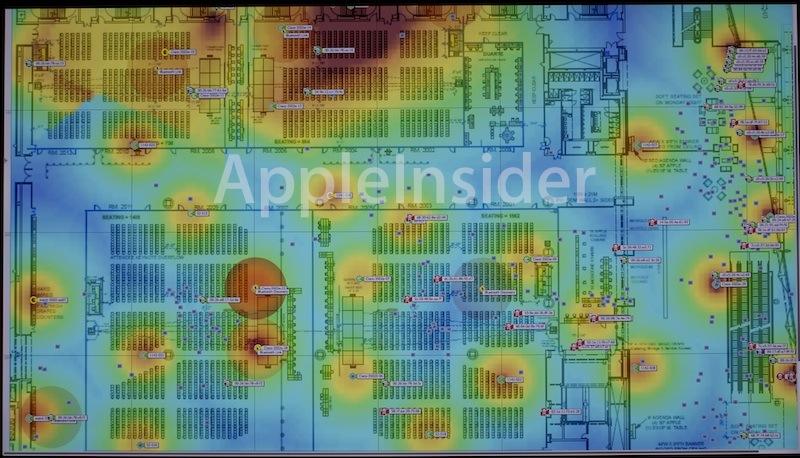
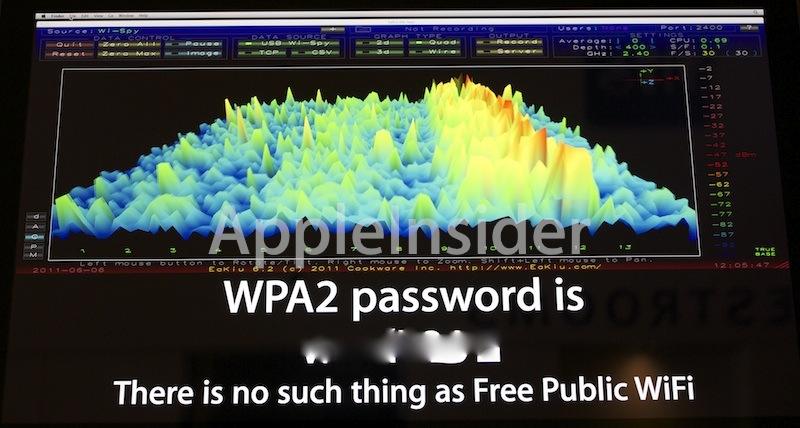
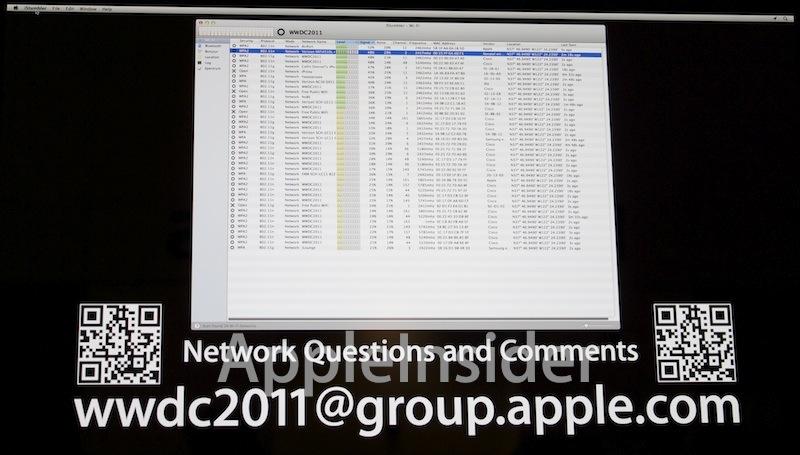
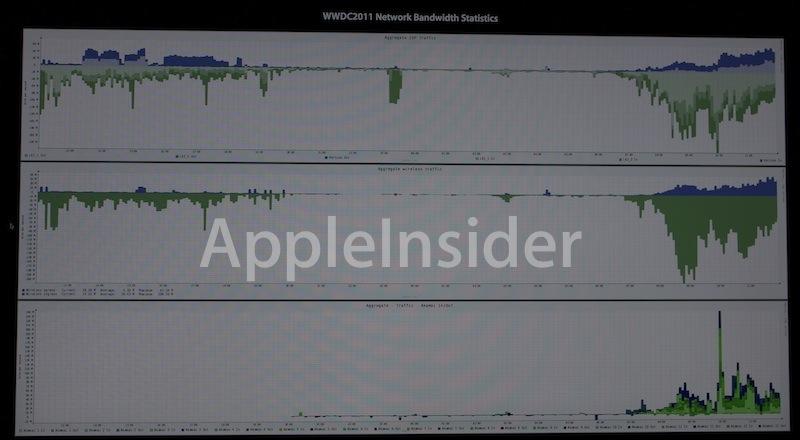







-m.jpg)





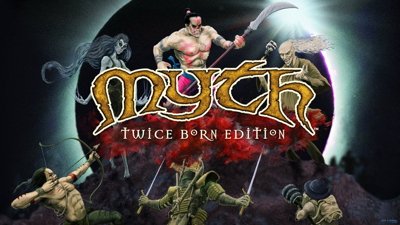
 Malcolm Owen
Malcolm Owen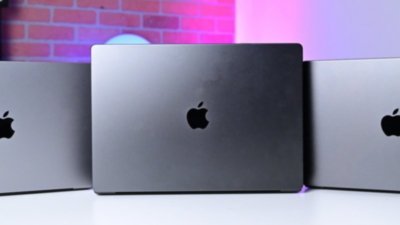
 Andrew Orr
Andrew Orr

 William Gallagher
William Gallagher
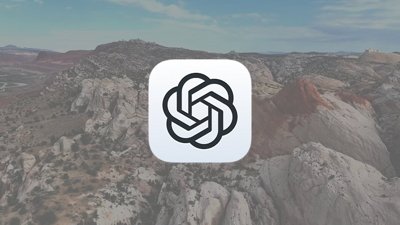
 Chip Loder
Chip Loder
 Marko Zivkovic
Marko Zivkovic


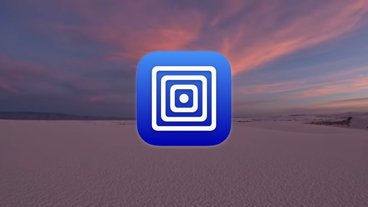


-m.jpg)




122 Comments
I want a disc. No lion for me.
That is pretty damn cool!
I feel Apple IS writing a new fantastic chapter. Once again things i never knew i could live without I find I can't live with out . Get well Steve we all want you to take this ride with us . PEACE 9
Right from the WWDC 2011 FAQ (http://developer.apple.com/wwdc/faq/)Any reason why they're still hiding it?
Where are the new Airport and Time Capsule?